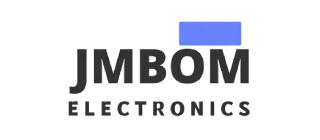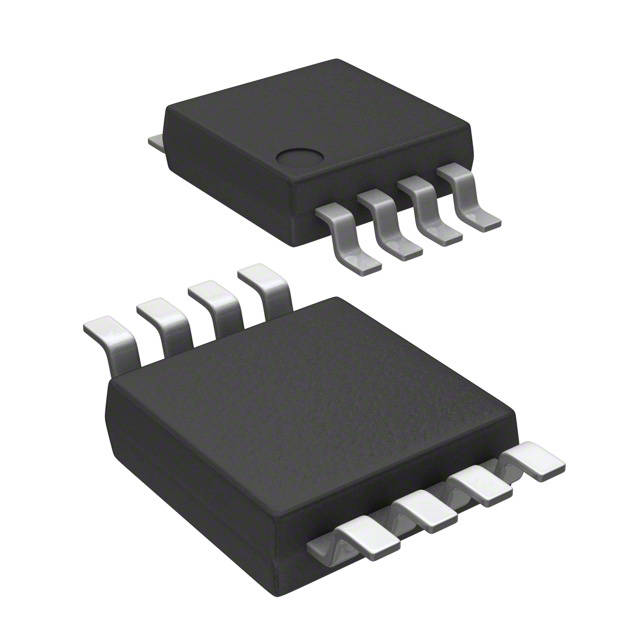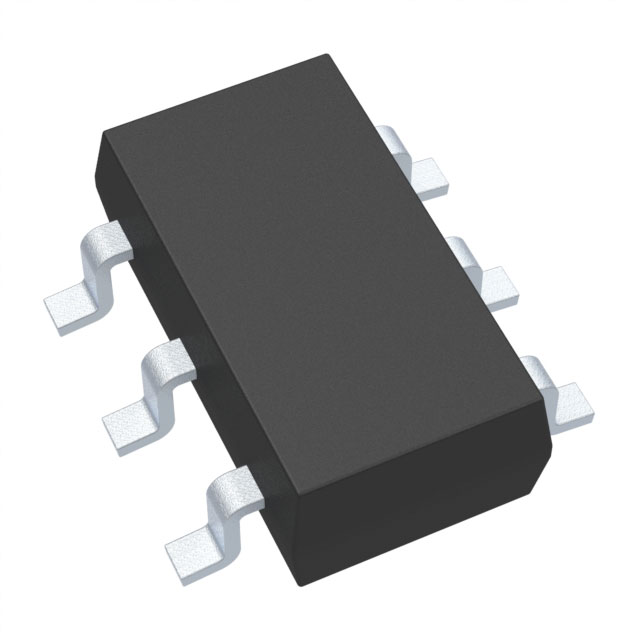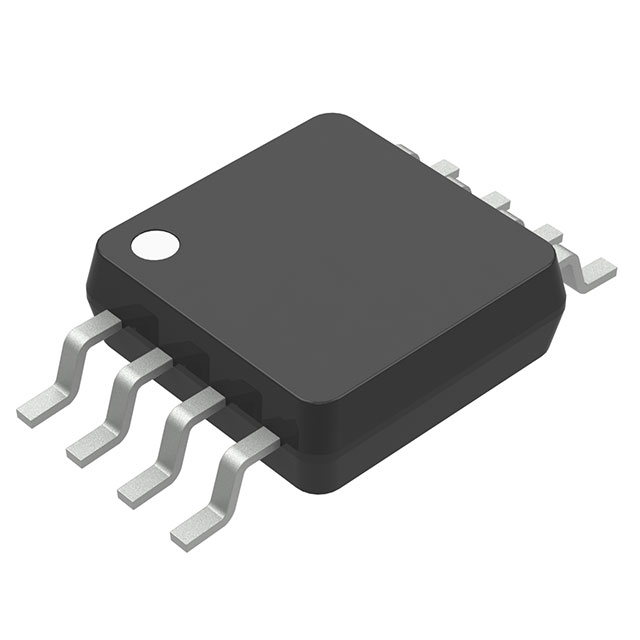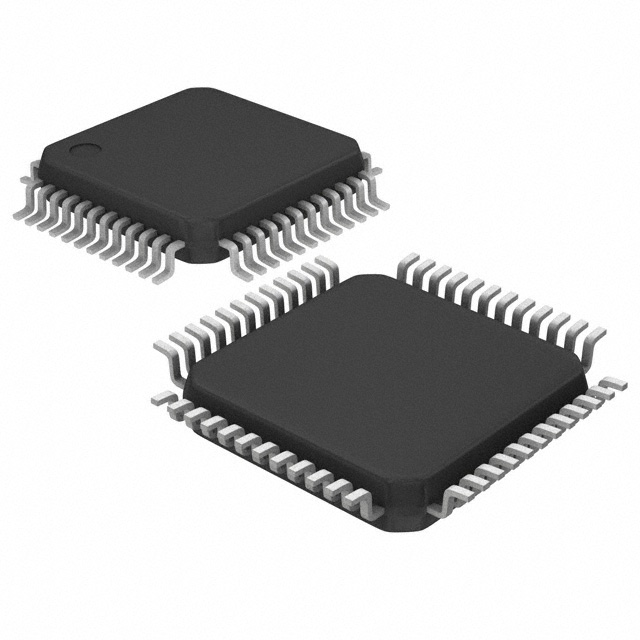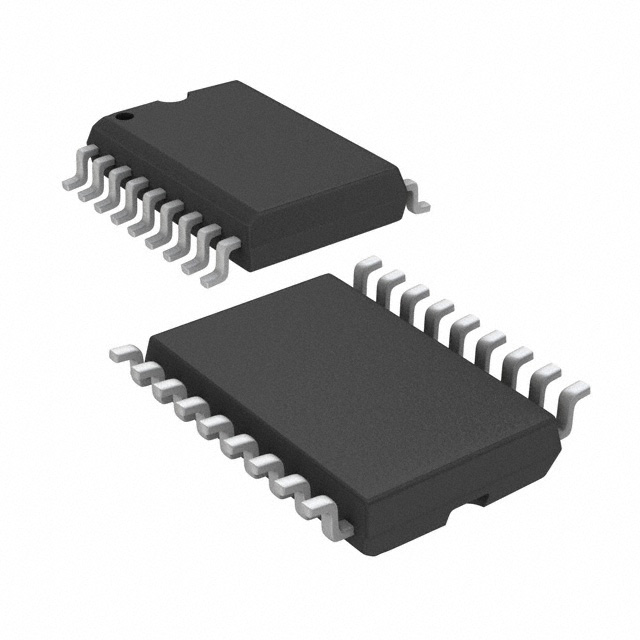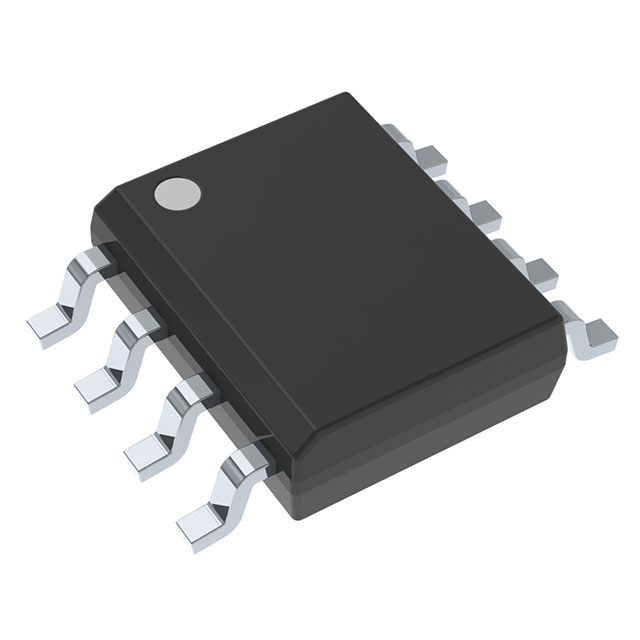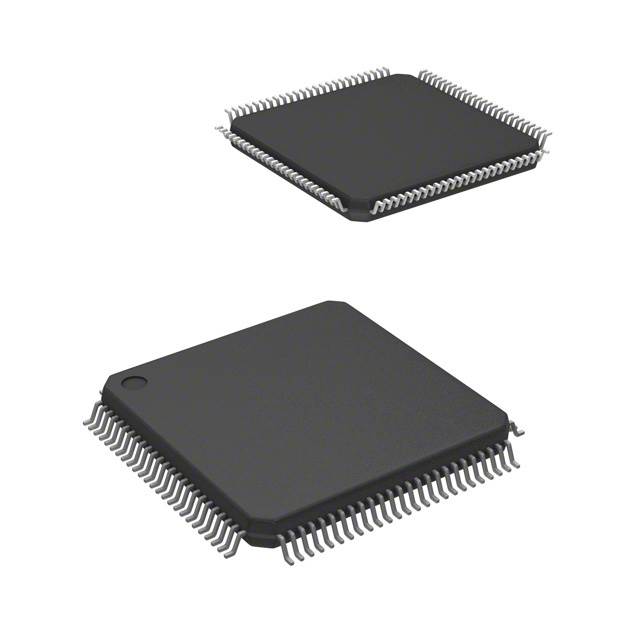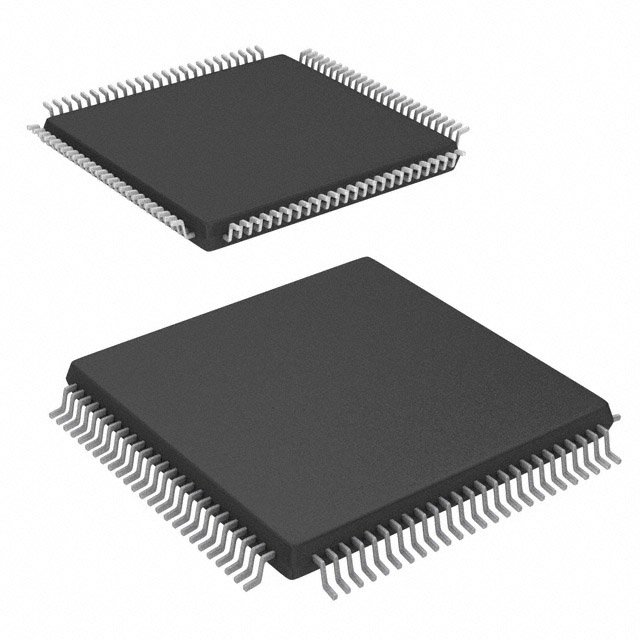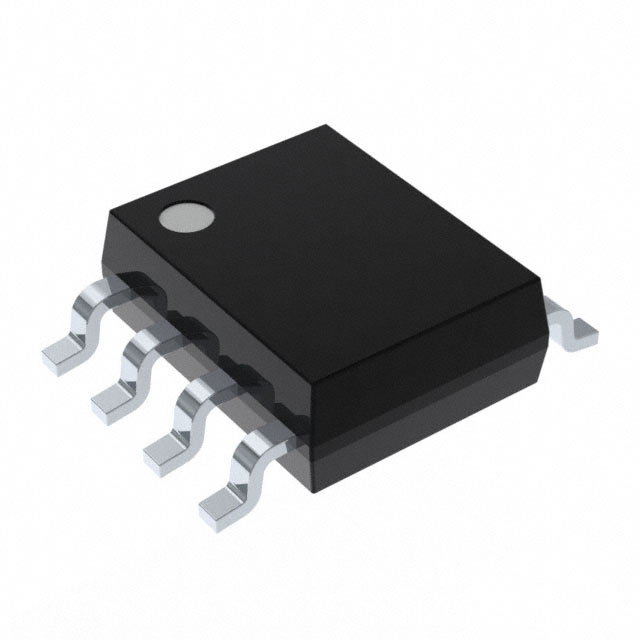

What is Memory Card Readers and its Applications (2025)
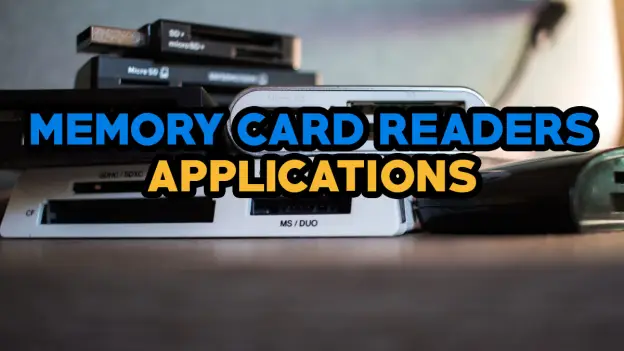
What is Memory Card Readers
Compact flash (CF), SD (Secure Digital), and microSD (Secure Digital) cards are just some of the memory cards that can be read, written, and managed with the use of a memory card reader. They enable users to transfer photos, videos, documents, and other digital files between memory cards and devices such as computers, cameras, and smartphones. A memory card reader simplifies data sharing and backup across multiple devices and platforms and is commonly used in photography, videography, and data storage solutions. Professionally and personally, they are indispensable tools because of their versatility and po rtability. Learn more about Integrated Circuits and Air Conditioner Capacitors too.
What are Memory Card Readers?
Devices that read memory cards, such as SD cards, microSD cards, Compact Flash cards, and others, are called memory card readers. Photos, videos, music, and other files are commonly stored on these cards in devices like digital cameras, smartphones, gaming consoles, and handheld GPS units. The memory card reader connects the memory card to a computer or other device, allowing files to be viewed, edited, or backed up. Some memory card readers today are integrated into laptops and desktops to make life easier, connecting via USB and making them suitable for a wide range of devices.
Professional fields such as photography, videography, and media production use memory card readers to manage large files, which require high-speed data transfers. Media is quickly offloaded from cameras to computers, where it can be processed or stored. Furthermore, memory card readers can be used to recover data and share it between devices that don't support direct card connections. Both home and professional environments use memory card readers because of their compact size, affordability, and versatility.
Applications of Memory Card Readers
Data Transfer and Backup
Data can be transferred between devices using memory card readers. Photo, video, and document files can be easily transferred from memory cards to computers and external storage devices. In addition, users can easily back up large volumes of content with this method. The use of a card reader makes it easy to edit or store high-resolution images and videos from memory cards used in cameras and mobile devices.
Photography and Videography
Photo and video professionals cannot do without memory card readers. Large RAW images or 4K video footage is often stored on high-capacity, fast memory cards by professionals. These files can be transferred quickly and easily from cameras to editing stations or external hard drives using card readers. Photographers and videographers benefit from the speed and reliability of card readers because they streamline workflows and enable them to process and manage their media in a timely manner.
Data Recovery
An essential tool for recovering data from a corrupted or unreadable memory card can be a memory card reader. With the help of specialized software, users can restore important data from corrupted or lost cards. Using this method is particularly helpful for recovering valuable photos, videos, or documents from a device that might otherwise be irretrievable.
Multi-Device Compatibility
Memory cards are used in many devices, such as smartphones, tablets, cameras, and gaming consoles, but they may not be directly connected to computers. By supporting multiple card formats, memory card readers bridge this gap. When connecting a camera's SD card to a smartphone, for instance, it is particularly useful for transferring files between devices that use different memory cards.
Portable and On-the-Go Use
In most cases, memory card readers are highly portable due to their compact design and lightweight construction. Their portability allows them to be used on the go, whether for personal tasks such as transferring vacation photos when traveling or for professional purposes such as photoshoots or film productions. Data transfer and file management are easier and more convenient with plug-and-play card readers, which do not require additional software.
Expansion for Devices with Limited Storage
Many older laptops, tablets, and certain handheld devices, which have limited internal storage, can be expanded with memory card readers. The user can access additional storage space without upgrading the device by inserting a memory card into a reader. Without the need for cloud storage or more expensive storage solutions, this method can be an efficient way to manage large file libraries.
File Sharing Between Devices
It is convenient to be able to share files between devices without direct connectivity via memory card readers. Memory card readers are convenient tools for moving data from digital cameras to computers without wireless capability. By using the reader to access the phone's memory card, files can be moved seamlessly between a Windows PC and an Android phone that use different operating systems.
Supporting Multiple Formats in Media Production
Memory card readers are useful in media production environments that use different types of equipment. Specialized memory cards such as microSD and CF cards are often used by devices like drones, professional cameras, and audio recorders. Media production teams can easily offload and process data from a variety of sources by using a card reader designed to support multiple formats, streamlining the production process and eliminating the need to have multiple devices.
Enhancing Gaming Experience
Games, downloaded content, and updates can be stored on external memory cards in some gaming consoles and handheld devices. It is especially useful when you're upgrading to a new game console or need more space to accommodate more games to use a memory card reader to transfer or backup your game data. Game progress can be stored or transferred across devices without relying on cloud services, which is useful for gamers.
Archiving and Long-Term Storage
For users looking to preserve large amounts of data for long periods of time, memory card readers are useful tools. Memory cards can be backed up, stored on computers or external hard drives, and reused for future projects. A photographer, videographer, or professional who works with large datasets will be particularly benefited by this feature, as they can archive their work and release memory card space for new projects without worrying about losing important files.
Secure Digital Transactions and Identification Systems
Digital transactions or secure identification systems can use memory card readers. Some institutions and businesses use memory cards embedded with identification data or security credentials. Many sectors, such as banking, education, and corporate environments, require card readers in order to authenticate users or process secure transactions. A secure and controlled environment makes memory card readers more useful beyond data management, as illustrated by this application.
Music and Audio Management
When managing audio files, memory card readers are also useful for musicians and sound engineers. Card readers enable quick transfer of audio tracks from portable recording devices to editing software, since memory cards are commonly used to store audio tracks. A memory card reader makes moving and organizing sound files for post-production or live performances easier, whether you're managing audio samples, tracks for live performances, or archiving session recordings.
Wrapping Up
As a result, memory card readers are versatile and essential tools for transferring, backing up, and managing data across a variety of devices. The readers offer speed, reliability, and convenience for personal and professional use, including the transfer of photos, extending storage, and producing digital media. Data recovery, secure transactions, and gaming are also specialized areas where they are valuable. In today's tech-driven world, memory card readers can enhance digital workflows and ensure efficient data handling by supporting multiple card formats and providing portability for on-the-go tasks.
Subscribe to JMBom Electronics !

